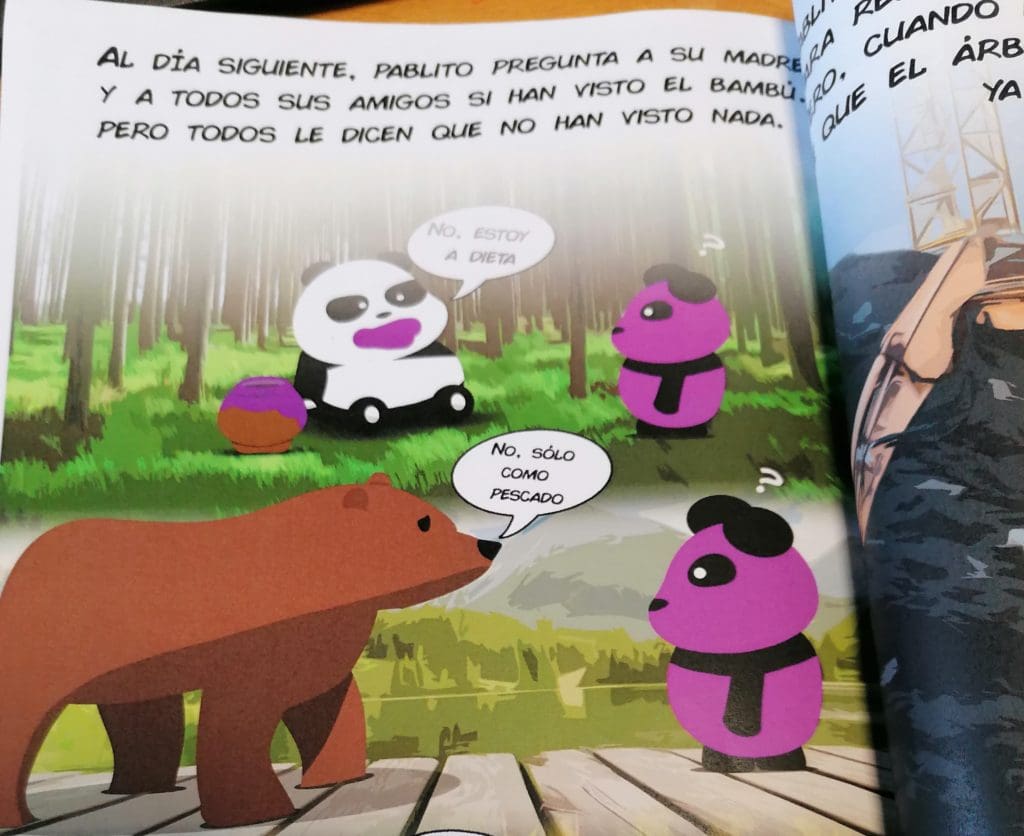Language learning could be assessed through clowning, radio plays and graphic novels, according to work led by Aberystwyth University.
Modern language teaching often relies on traditional assessments like written work and grammar tests to measure student performance.
However, a team of Modern Languages academics are inspiring teachers and students to adopt new and creative ways of researching language and assessing language learning – through art.
The team have launched the Creative Modern Languages Hub, a free online resource which provides examples of creative assessment and artistic research from the UK and beyond.
Project leader, Dr Alex Mangold – a Lecturer in the Department of Modern Languages at Aberystwyth University – explains:
“As modern languages teachers, we can measure the language skills of students by setting an essay or an oral examination. However, we want to inspire teachers to think outside the box. Our wide-ranging collection of creative assessment examples is intended to fire the imagination and demonstrate the potential that artistic creativity can bring.
“Creative student exercises and artistic research can include blogs, podcasts, short films, art installations, graphic novels, poetry, painting, photography, theatrical monologues, clowning, animations, digital performances and music.”
“These methods invite students to do things in different and more interesting ways, and could ultimately encourage more students to study modern languages at our universities.”
The team hope that their collection of examples will inspire colleagues and students to experiment with creative forms of assessment and artistic research in the field of Modern Languages, and demonstrate to students the creative potential that studying a modern language can unleash.
The project was funded by the British Academy Talent Development Awards 2021.
The Creative Modern Languages Team consists of Dr Alex Mangold (Aberystwyth University), Dr Sarah Pogoda (Bangor University) and Fernando Castellano-Banuls (Aberystwyth University).

